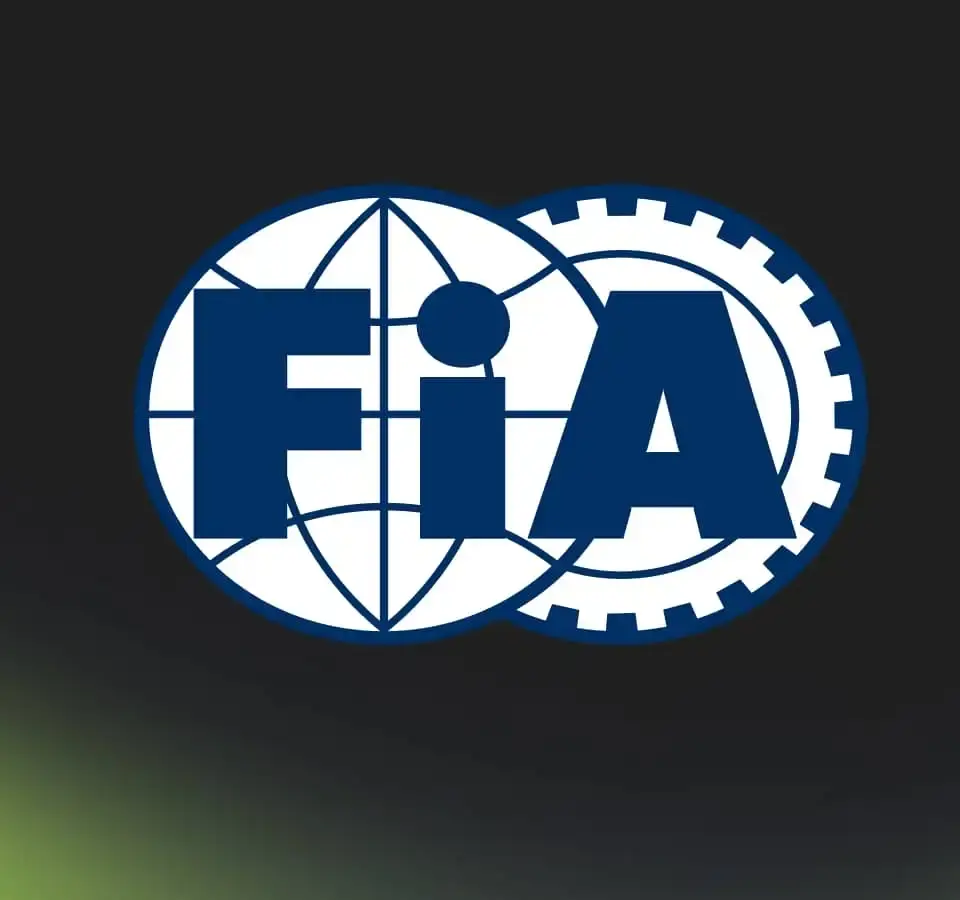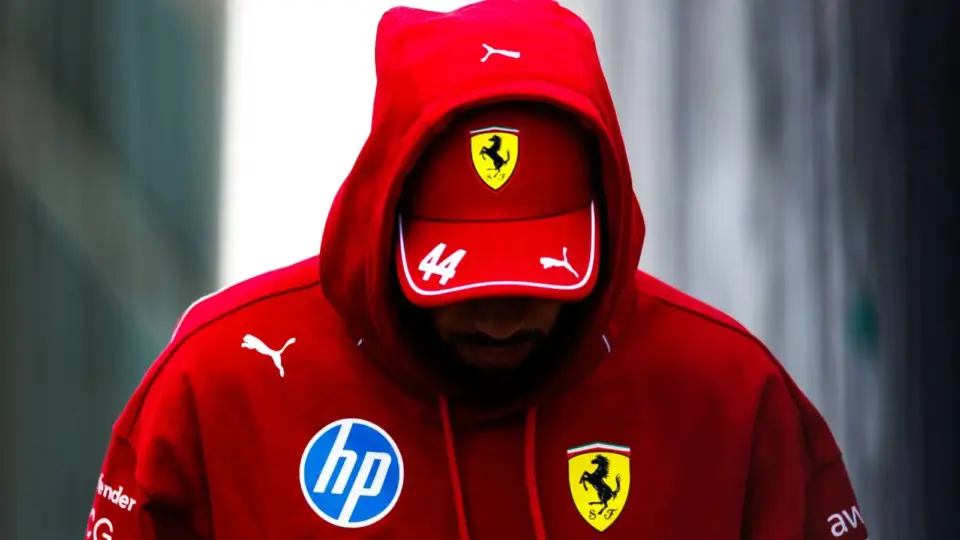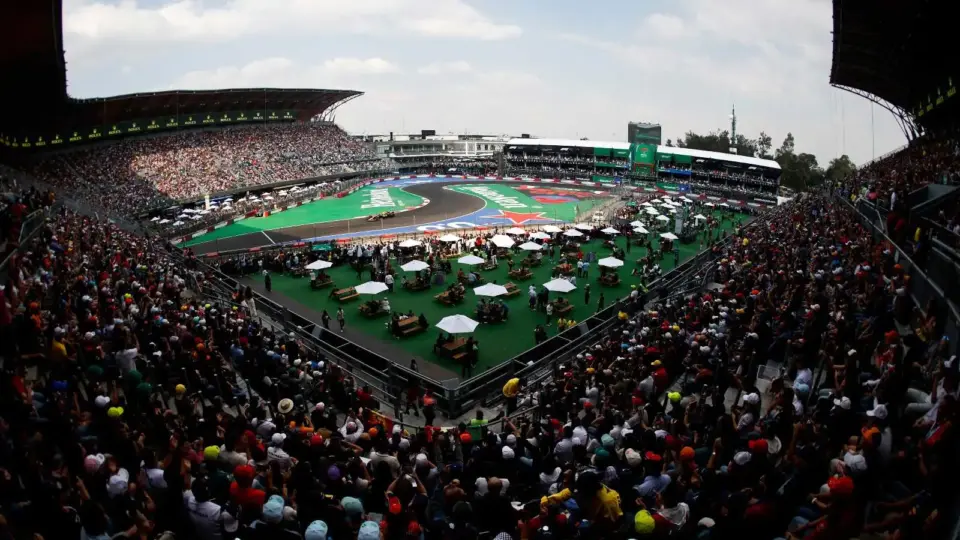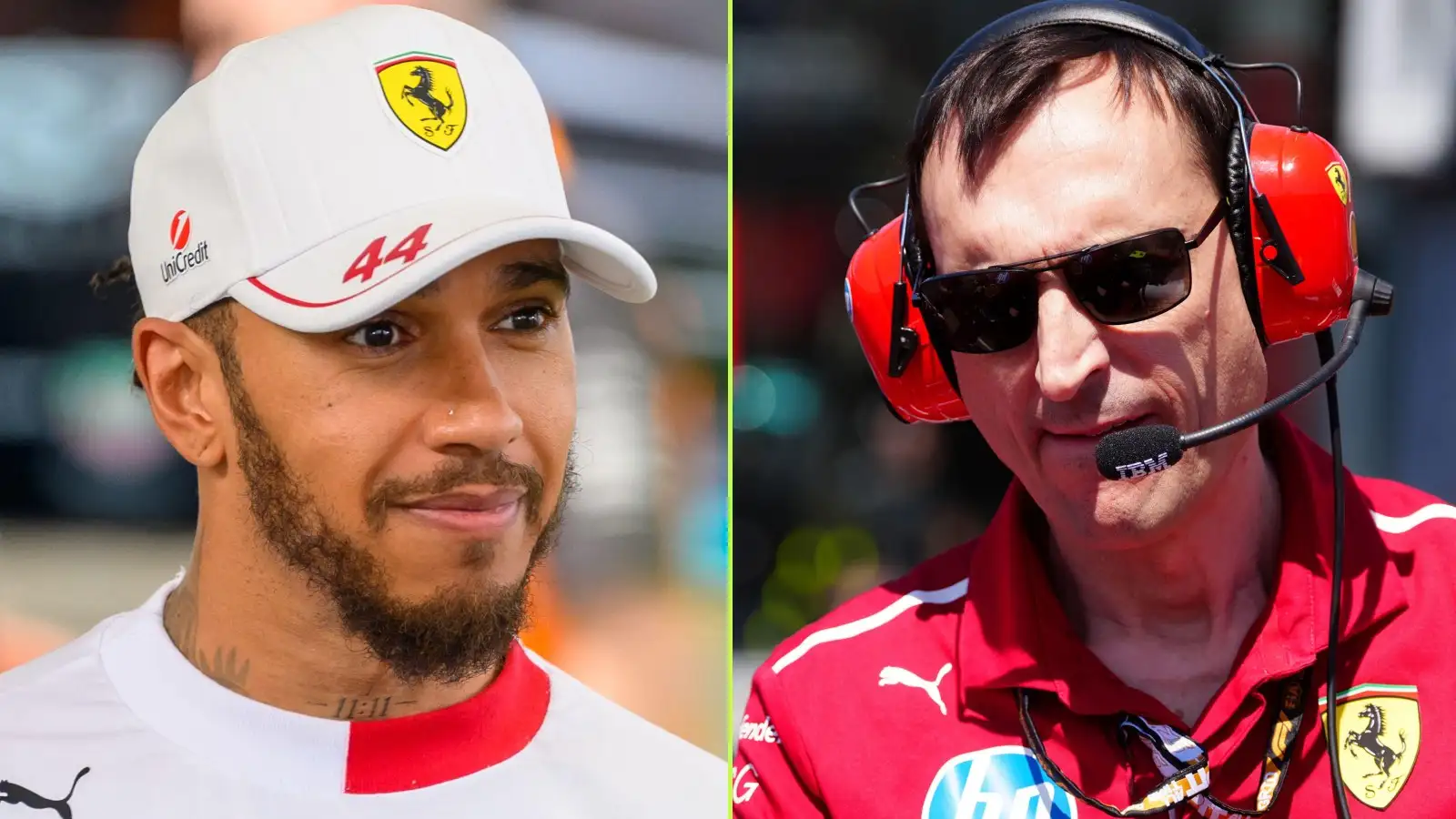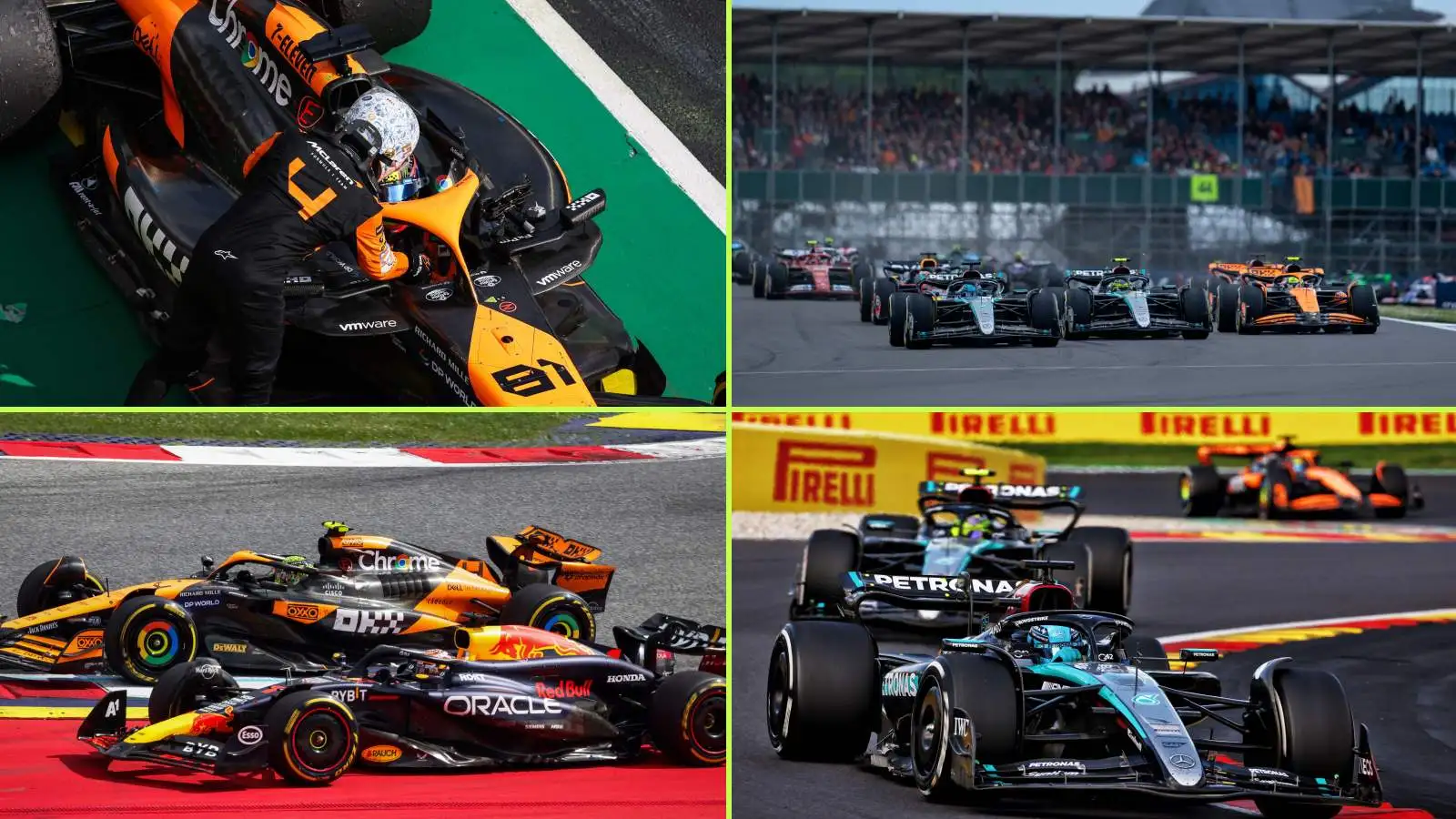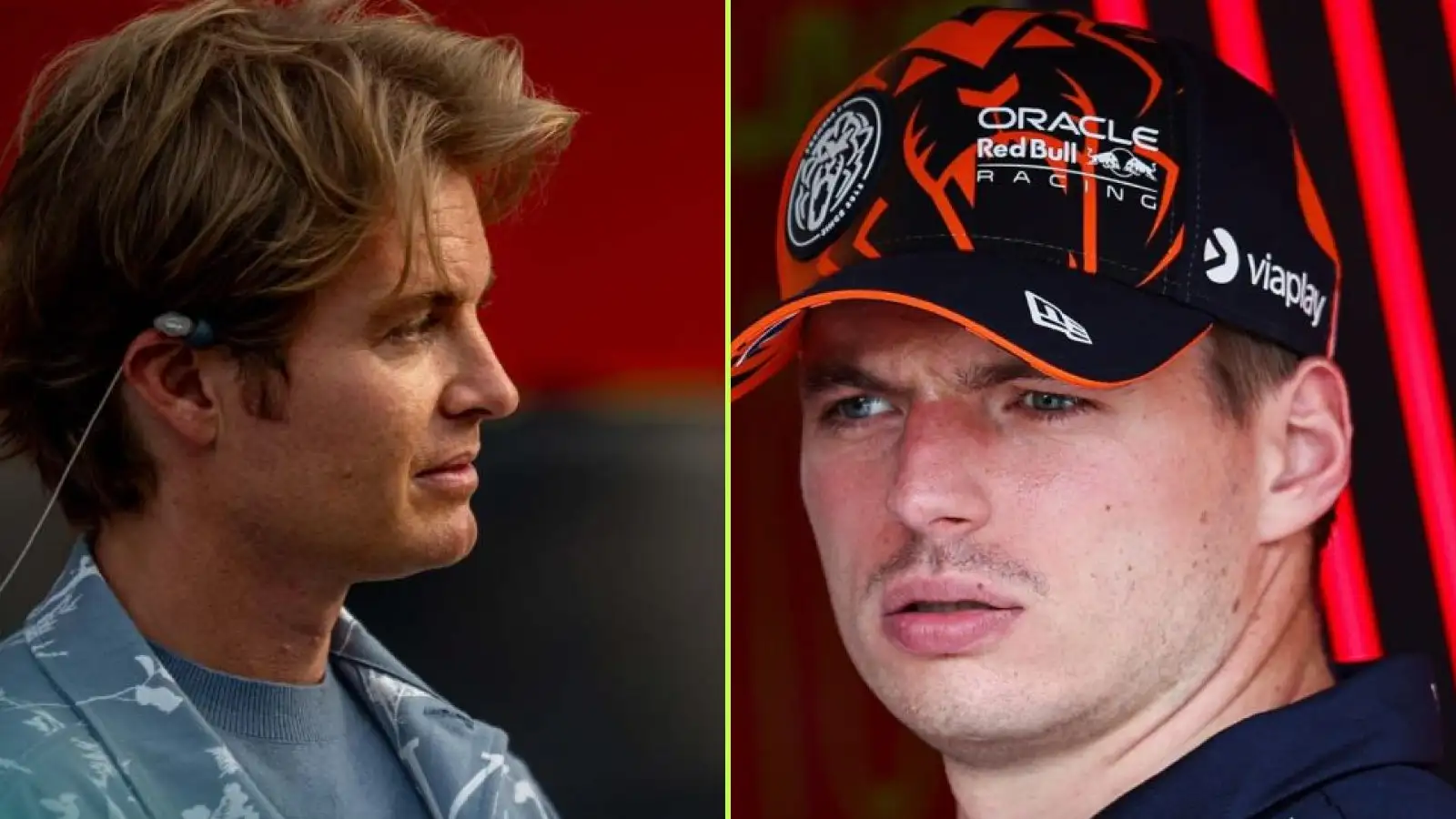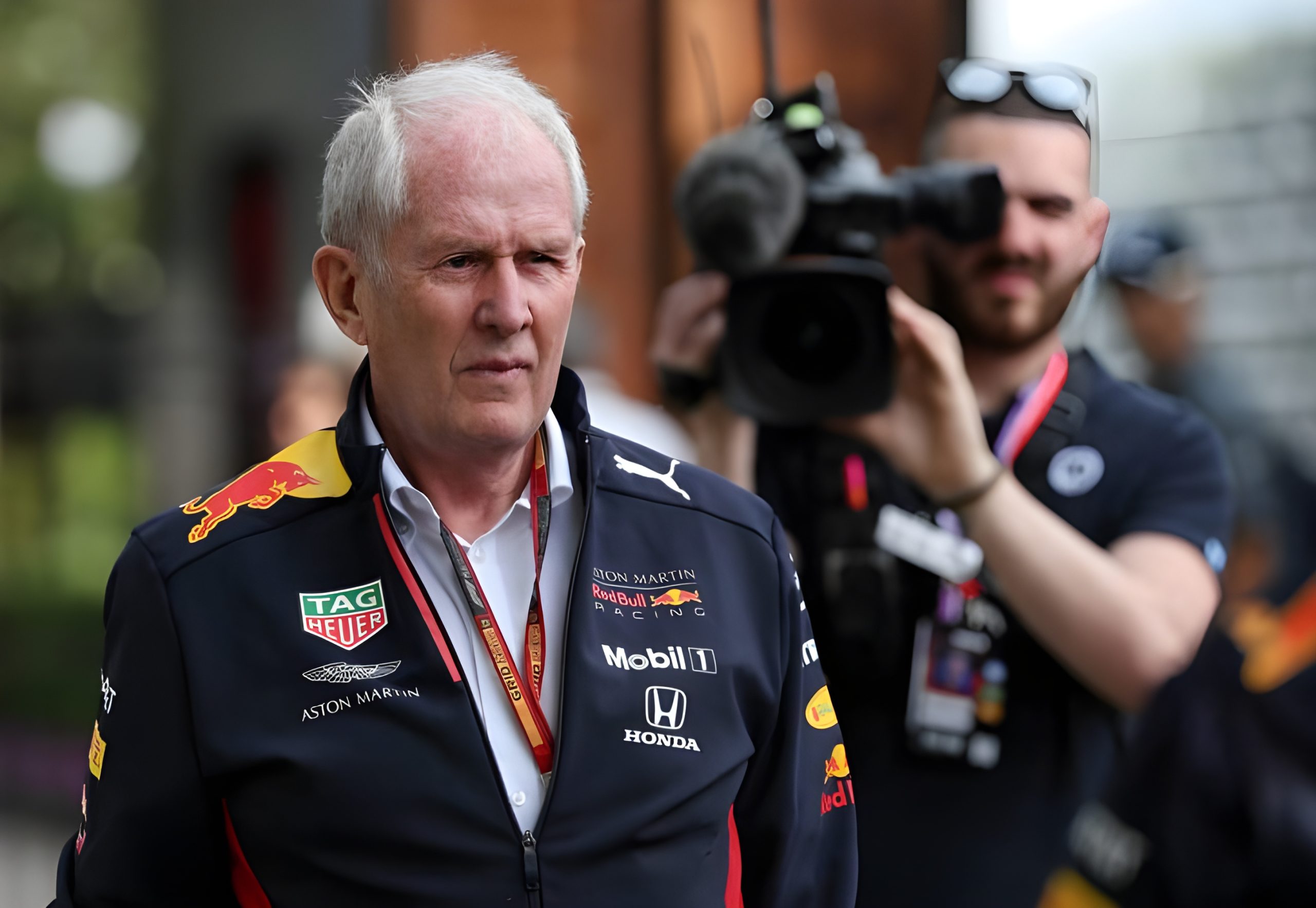The FIA and WRC drivers reached a compromise after a hefty swearing fine caused uproar.
- A new two-tier system allows more freedom in specific situations, easing tension among drivers.
- The $10k fine highlighted issues over driver conduct and communication with FIA officials.
- A protest in Kenya demonstrated WRC drivers’ demand for engagement over discipline methods.
- The agreement reflects ongoing discussions but maintains existing formal guidelines.
In a dramatic turn of events, F1’s governing body, the FIA, found itself in hot water after a €10,000 fine for swearing was imposed, sparking mass protest among World Rally Championship (WRC) drivers. This unrest led to the creation of a new two-tier agreement aimed at balancing driver expression and formal conduct requirements.
Under the revised approach, drivers can now vent their frustrations through more colorful language in what are considered ‘uncontrolled zones’—areas where emotions naturally run high, such as stage-end interviews and during live stages. However, conduct in ‘controlled zones’ like press conferences remains subject to stricter standards.
The catalyst for these changes was an incident involving Hyundai WRC’s Adrien Fourmaux, who faced a €10,000 fine—plus a suspended €20,000—for swearing during a Rally Sweden interview. This event not only affected Fourmaux but also resonated with many drivers, leading to the formation of the World Rally Drivers’ Alliance (WoRDA) to formally communicate grievances to FIA president Mohammed Ben Sulayem.
Despite the initial silence from the FIA, the dramatic protest held by drivers during last month’s Kenyan rally forced a significant reconsideration of rules. The drivers’ refusal to participate in interviews highlighted their demand for a dialogue with the FIA regarding fair treatment and the need for practical communication guidelines.
The breakthrough agreement has been credited to discussions led by FIA road sport director Emilia Abel and Julien Ingrassia, another prominent figure in the rally community. Ingrassia emphasized that the new system, although informal, is a significant step in acknowledging drivers’ needs for emotional expression without altering the official regulations. This approach aims to preserve the sport’s authenticity while maintaining order.
The new system is expected to be implemented immediately at Rally Islas Canarias. While the finer details remain to be seen, this change suggests a shift towards more understanding between drivers and officials. It remains uncertain whether this model will extend to the petrol-fueled drama of F1, where drivers like Max Verstappen have voiced similar concerns about limited expression on the track.
The FIA and WRC drivers have reached a balanced solution, allowing more expressive freedom while maintaining the sport’s integrity.
